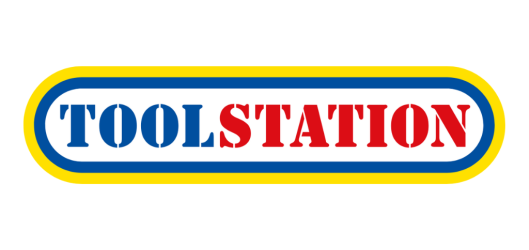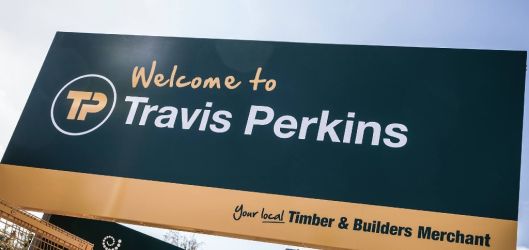
Travis Perkins has seen revenue and profits rise, but has sounded a note of caution over the UK's vote to exit the EU and the resultant uncertainty in the market.
The owner of Toolstation, Wickes and Benchmarx saw group revenue rise to 3.11 billion in H1 2016, up from £2.94 billion in H1 2015, up 3.1% like-for-like. Adjusted profit before taxation was up 10.2% to £184 million (H1 2016) from £167 million (H1 2015).
The General Merchanting side of Travis Perkins' business saw revenue increase by 6.7%, and like-for-like sales by 2.9%. The strong revenue growth was in part due to the conversion of 13 Keyline branches to Travis Perkins, the opening of 10 new Benchmarx branches and one extra trading day in the period.
After a strong first quarter, like-for-like sales growth slowed in the second quarter, owing to a number of factors including - the group said - "the deferral of projects ahead of the EU referendum".
It added: "Adjusted operating margin improved, driven by continued focus on operating efficiency, as well as further improvements to the profitability of Benchmarx."
The consumer division saw total revenue growth of 10.5%, with like-for-like growth of 6.5%. Wickes sales continued to grow strongly delivering significant market share gains.
The Toolstation network continued to grow, with 16 branches added in the first half of 2016. The roll out of new Wickes format stores accelerated with 14 store refits, one new store and one store relocated during the period.
CEO John Carter echoed those Brexit concerns in his statement: “The solid performance in the first half of 2016 reflects our leading market positions, the hard work of our teams and the investments we have been making to improve all aspects of our business. The investments to extend our range, build out our distribution infrastructure, expand our network and accelerate our online growth have helped us continue to win market share and to position us well for the future. We plan to continue to invest in our businesses where we can generate strong returns and create value for our shareholders over the long-term.
"It is clear that the result of the EU referendum has created significant uncertainty in the outlook for our end markets and we did experience weaker demand in the run up to and immediately following the referendum. Our two-year like-for-like sales in July have been below the levels we experienced in the second quarter, however we have seen a gradual improvement through the course of the month.
"In our view it is too early to precisely predict end market demand and we will continue to monitor the lead indicators we track and will react accordingly. We have a proven track record of reacting swiftly to changes in market conditions, and the strength of the Group’s balance sheet, the competitive advantage we have created through the investments we have made and our ability to flex the cost base leaves us well positioned to continue to win market share and drive shareholder value over the medium term.”
The financial statement emphasised the Brexit concerns: "The decision to leave the European Union has created significant uncertainty and the effects on the Group’s two key leading indicators, secondary housing transactions and consumer confidence, remain unclear though they are unlikely to be positive. The Group has therefore adopted a cautious stance until end market demand becomes clearer."



